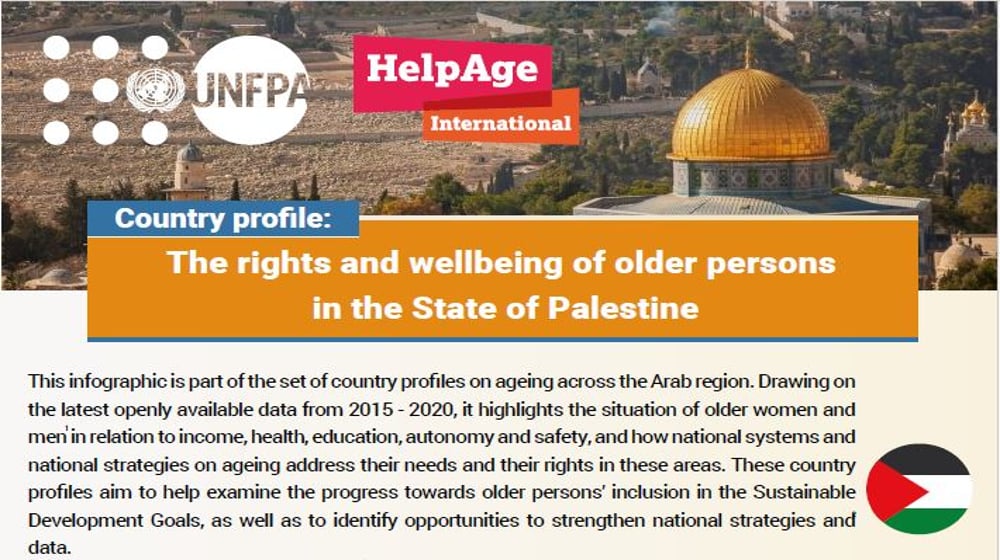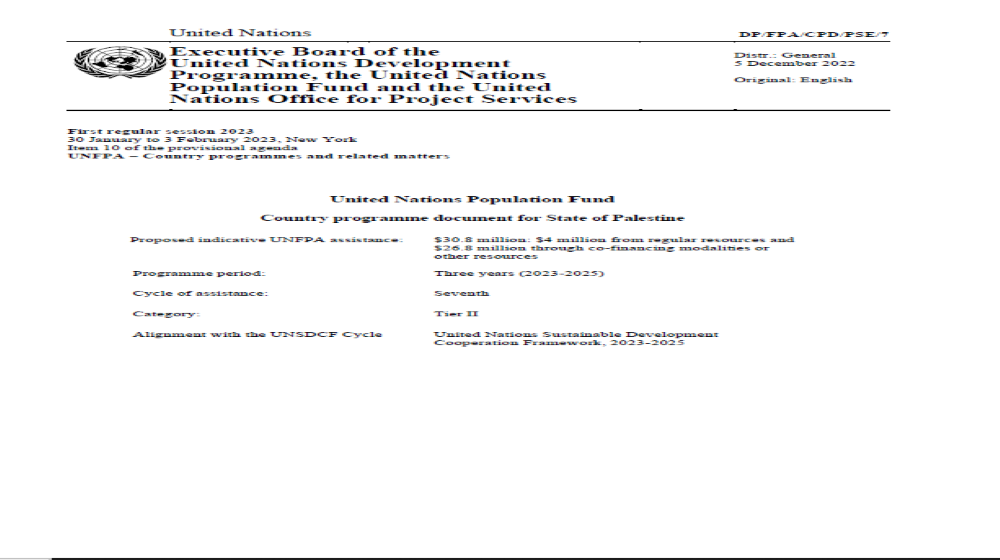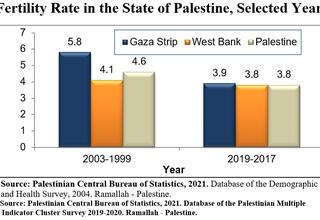UNITED NATIONS — Counting everyone is an integral part of ensuring that we take everyone into account. Good demographic data is critical for planning schools, health systems and public transportation, for designing policies based on future population projections, for monitoring the effectiveness of service delivery and much more.
This year, World Population Day highlights the importance of data for development. The focus is on the 2010 round of the population and housing census, data analysis for development and UNFPA’s lead role in population and development. Reliable data makes a difference, and the key is to collect, analyze and disseminate data in a way that drives good decision-making. The numbers that emerge from data collection can illuminate important trends.
UNFPA, the United Nations Population Fund, actively supports countries in the 2010 round of censuses. Censuses are central to UNFPA’s mandate and mission to support countries in using population data for policies and programmes to reduce poverty and to ensure that every pregnancy is wanted, every birth is safe, every young person is free of HIV and AIDS, and every girl and woman is treated with dignity and respect.
Population dynamics — including growth rates, age structure, fertility and mortality, migration, and more — influence every aspect of human, social and economic development. The results of the current round of censuses will be used in statistical systems and policies and programmes for years to come.
On this World Population Day, UNFPA asserts the right of everyone to be counted, especially women, girls, the poor and marginalized. Censuses and population data play a critical role in development and humanitarian response and recovery. With quality data UNFPA can better keep track of people and make greater progress to achieve the Millennium Development Goals, and promote and protect the dignity and human rights of all people.




